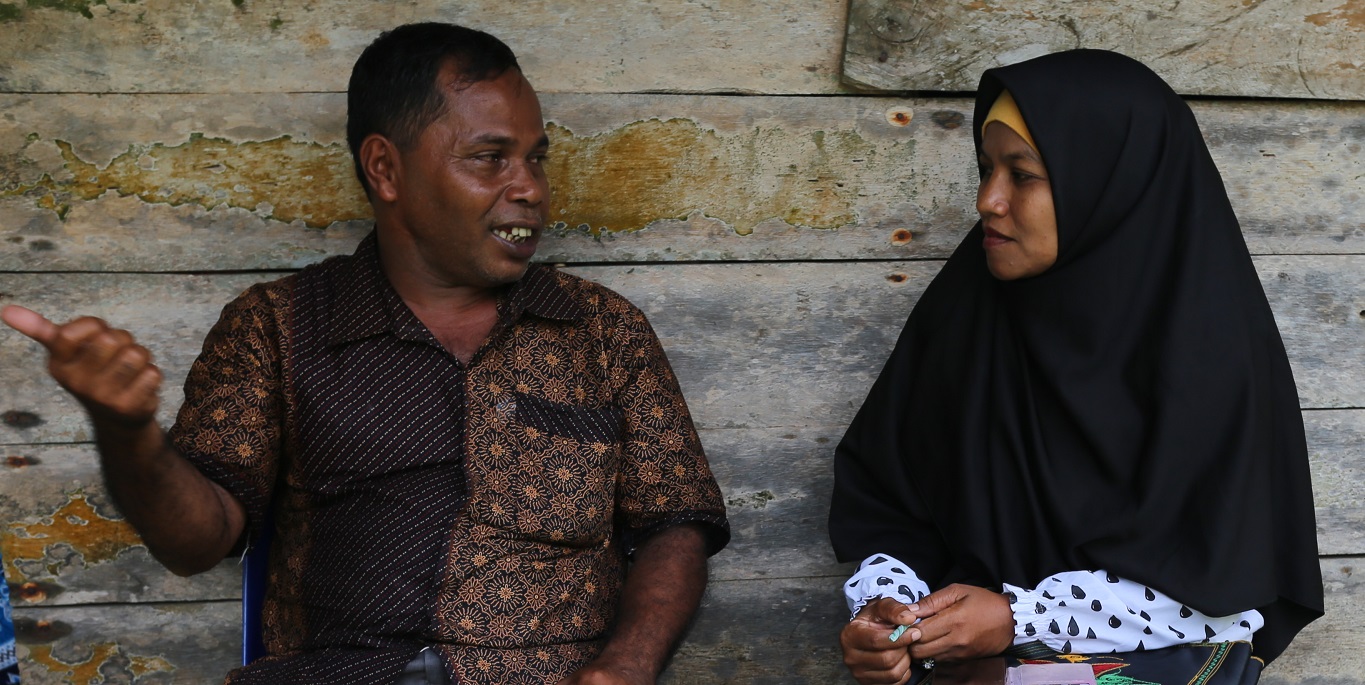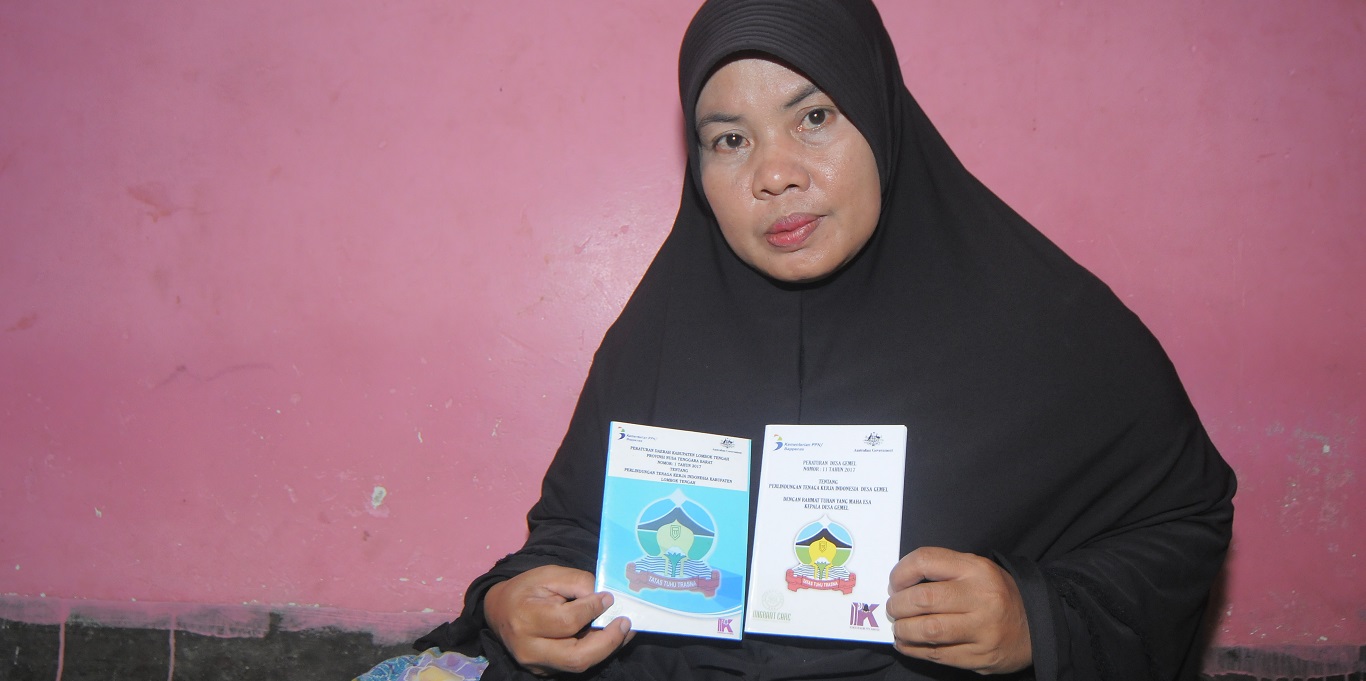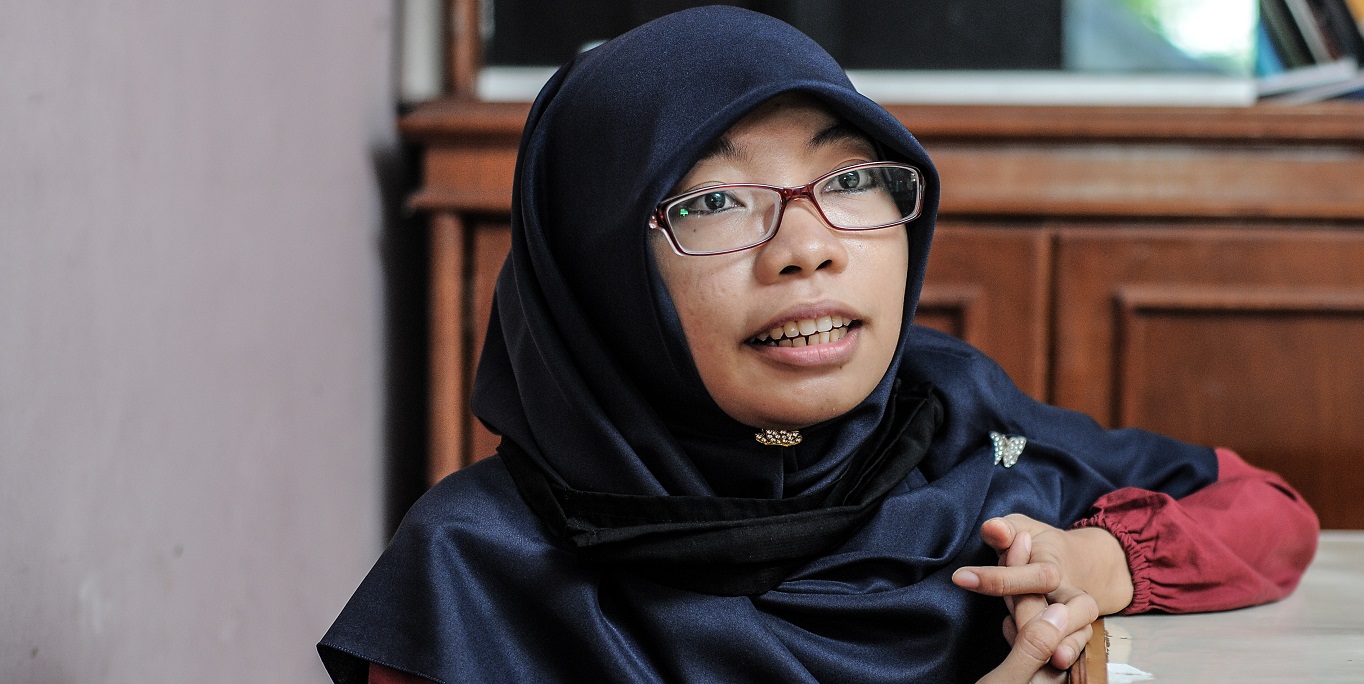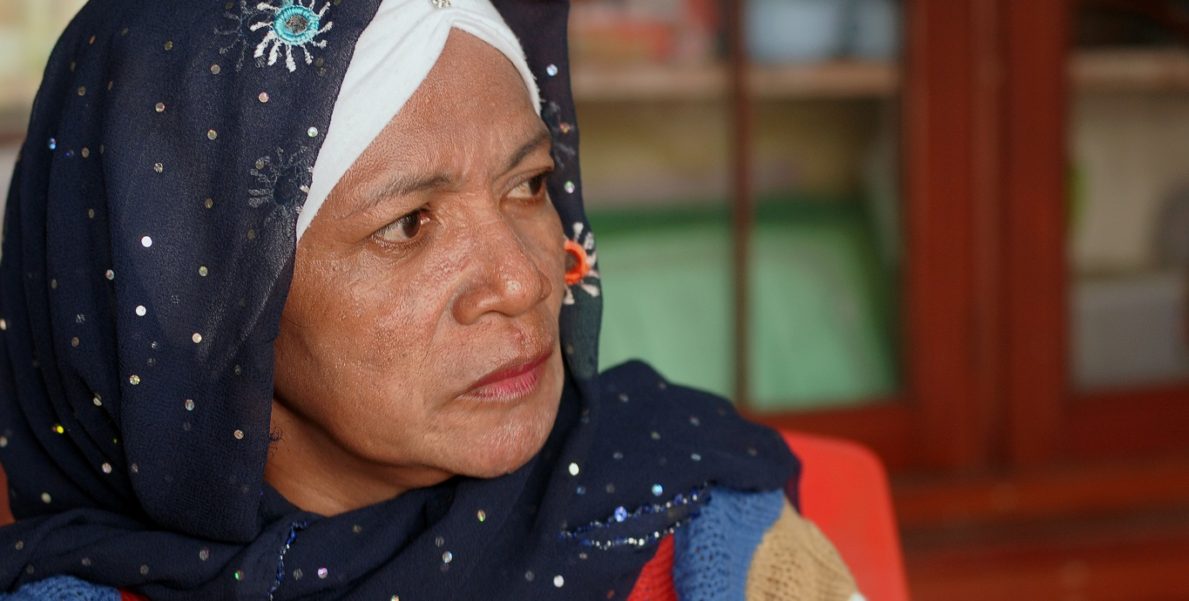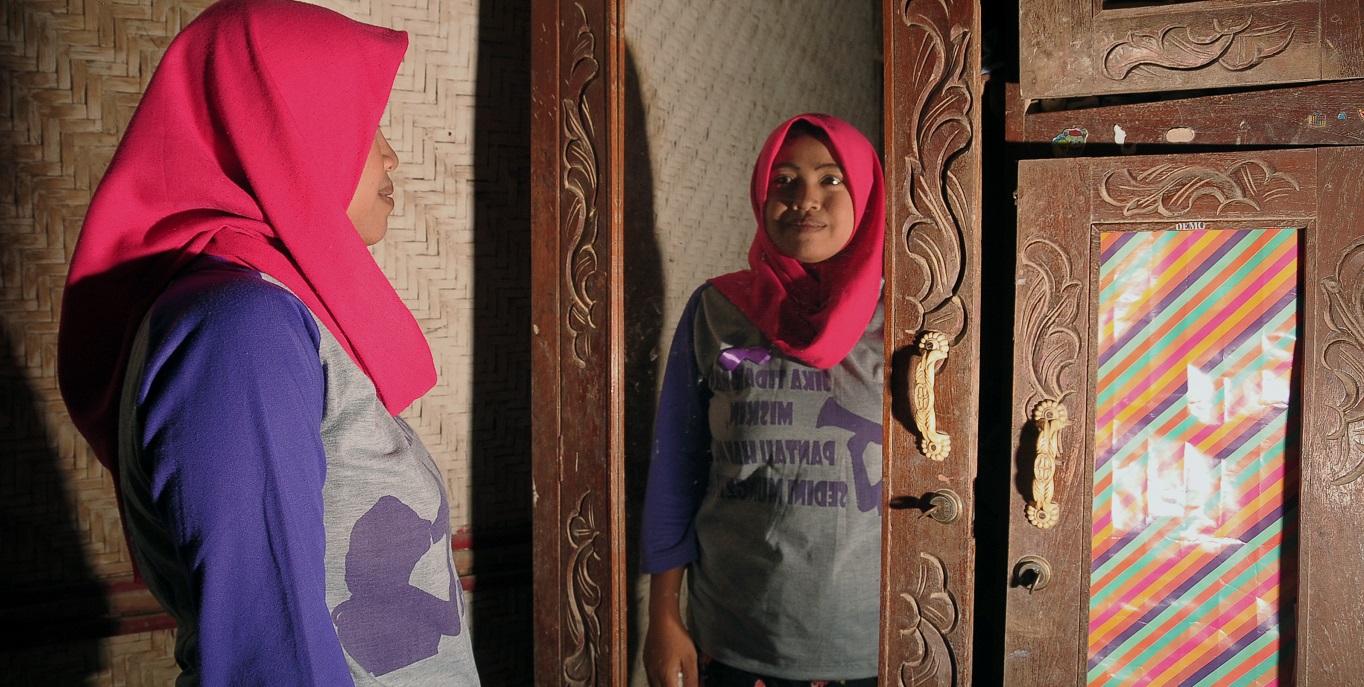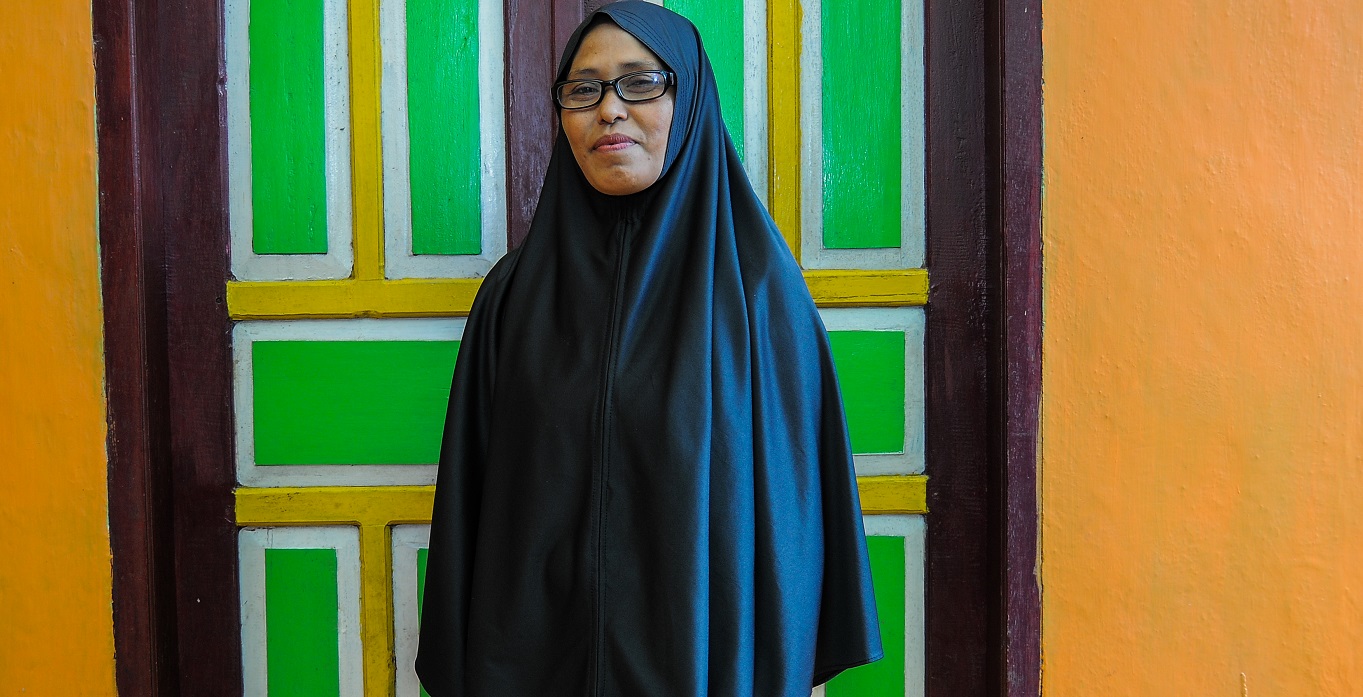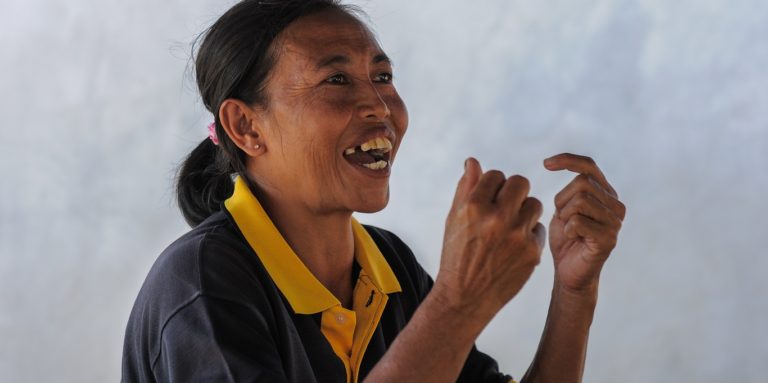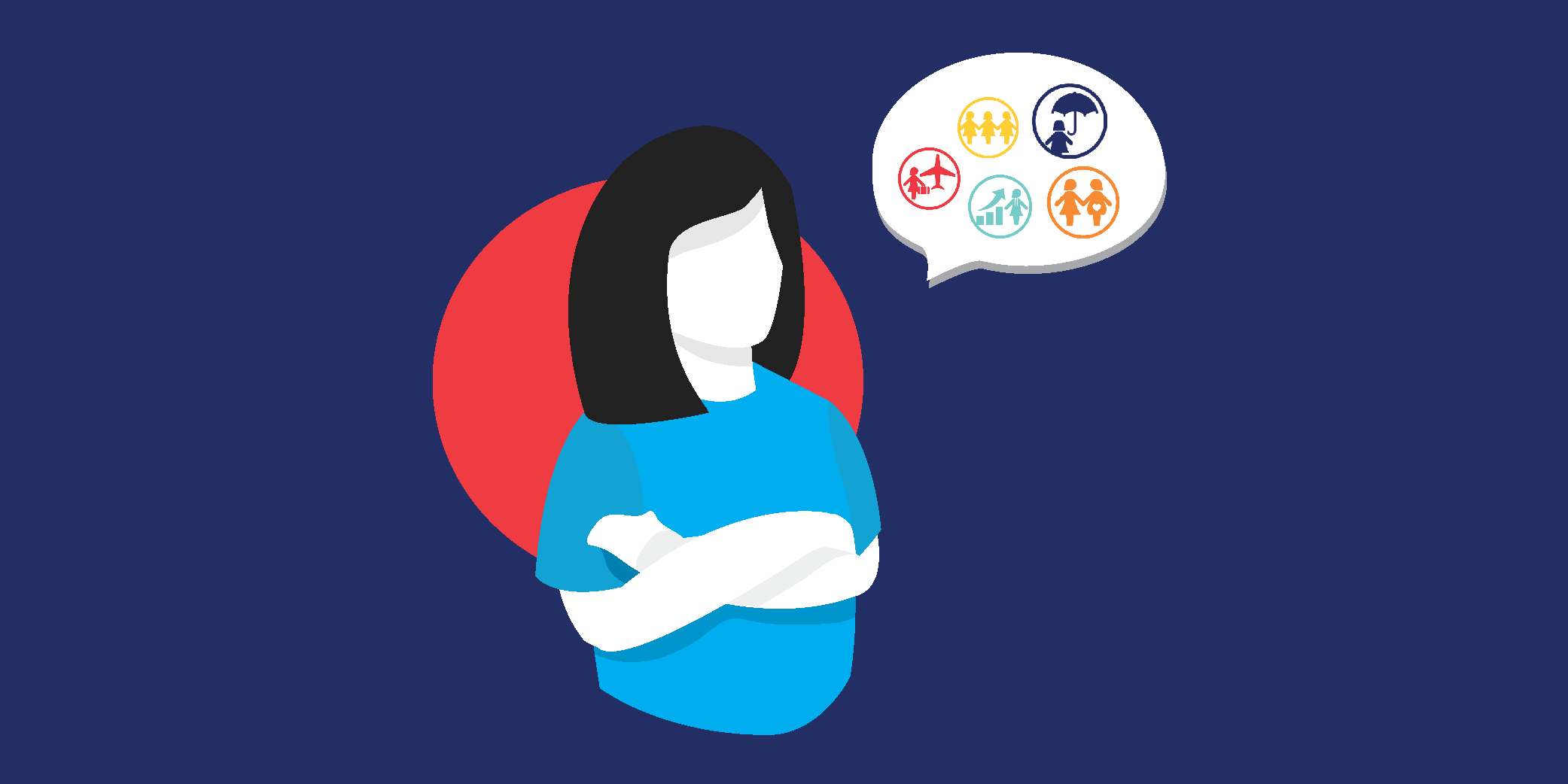Stories
Kartini in the Eyes of Lusia Palulungan
21 April 2017Penulis: admin
In the commemoration of Kartini Day, MAMPU wants to show the opinion of today’s Indonesian women figures, who are struggling for the women’s interest, about Kartini.
One of them is Lusia Palulungan. Lusia Palulungan or Lusi is the Program Coordinator for MAMPU at BaKTI Foundation. She focuses on gender issues; Legal support with women’s perspective on domestic violence, trafficking, and marital violence; Capacity building for women MPs; Legal drafting; Conflict resolution; Pluralism; and community development.
This is the interview between MAMPU and Lusi about Kartini and her struggle values.
What do you usually hear about Kartini and Kartini Day?
All I have heard about Kartini is about fighting for women’s emancipation. It is also understood by the public in general that Kartini was fighting for Indonesian women’s rights who have not gained freedom in many ways. They had not been allowed to obtain a high education, to determine their own husband, and so on.
Meanwhile, what I see all this time about the Kartini Day is commemoration ceremony conducted by the government and private sector. Then, the use of “woman” attribute and clothes (such as kebaya and bun) continuously happens. These ceremonies are usually performed by women’s organisations that are subordinate to government or private organisations.
Which side of Kartini that you want people to know more about her struggle?
That is Kartini’s struggle against oppression against women and colonialism. The colonisation includes foreign colonisation (Dutch), as well as colonisation of her own people. Kartini strives for women to have equal opportunities or access in the public arena, especially in the field of education.
What are Kartini’s values that you took for your own struggle?
Justice and equality. I have been using these values in my every activity in an effort to improve the capacity and position of women in the public sphere.
Is there any performance that you are most proud in your struggle for the rights and interests of Indonesian women?
After graduating from the Faculty of Law in 1997, I directly worked at legal aid agency (LBH) for Women (LBH P2i) and later founded LBH APIK Makassar in 2002. I am very proud to dedicate myself to help women improvement and women who are experiencing violence and seeking for justice.
Since 1998, I worked pro-bono for women victims of violence. Based on the experience, the law is not fully able to provide a sense of justice for women victims. Thus, it is important to raise law awareness to the community.
Finally, since 2003, I started to actively develop community-based paralegals that continue to grow. Women community have the ability to fight for their legal rights and even have been able to help others in their legal environment. Among paralegals trained in 2003, they have handled more than 100 cases and are still actively assisting until now.
After no longer serving as director of LBH APIK Makassar, I struggle to promote women development. The affirmative action (30%) for involving women in all fields, is one of the proud efforts, that we fought before. It has impacted parliamentary levels, especially in increasing number of women parliamentary members.
Through the MAMPU BaKTI program, I have the opportunity to strengthen the capacity of DPRD members. There is an improvement in this field as well. Women parliamentarians in several regions already dare to perform and take part in every agenda in the DPRD, have held strategic positions such as DPRD leaders, commission chairwomen, secretaries of ethics councils, including as heads or secretaries of special committees which discussing gender responsive and pro-poor policies.
On the other hand, MAMPU BaKTI Program also empowers the society by forming a Constituent Group (KK). Constituent groups are generally organised by women to improve access of poor communities and women to government services.
It also increases women’s participation in development at village level. This is indicated by the increasing women participation in the development process, especially at the village level through Development Planning Council (musrenbang) and other development participation.
Keep working for Indonesian women, Lusi!



